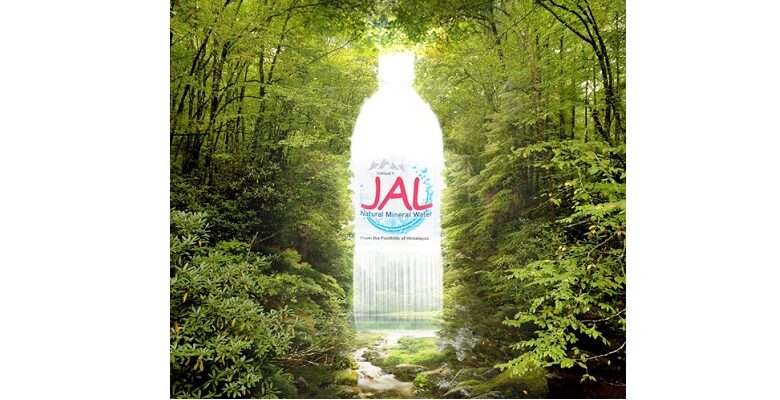Top Best And Worst Natural Water Sources: According To A Natural Drinking Water Company

Drinking water of high quality is probably the most crucial but underappreciated aspect of maintaining excellent health. Our bodies are estimated to be up to 75% water, as such, it doesn’t take much critical thinking to realize that the quality of water we consume will have a significant impact on our health.
Unfortunately, most people are still doing it wrong and drinking inferior (and poisonous) water, which can be avoided with little knowledge and a connection to the most reliable sources, adds a reputed natural drinking water company.
Distilled Water
Another “healthier variant” of drinking water is distilled water, which is such because it is free of chemicals. Due to the removal of essential minerals, it can also be classified as “dead” water, which makes it more acidic.
If you choose distilled, be sure to consume a diet rich in fruits and vegetables that provide essential minerals and vitamins or add a pinch of pink sea salt to replenish minerals.
Regular Tap Water
If you’ve read any alternative health blogs, you’re already aware that tap water is the worst source of “certified” fluids known to man. Tap water, contaminated with chemicals like fluoride, chlorine, and VOCs (volatile organic compounds), has been the most deadly and pervasive experiment of all time, as claimed by some natural drinking water production.
In the end, regardless of what your town tells you, it’s best to avoid drinking tap water.
Bottled Drinking Water
Bottled water appeared to be a step above tap water, but now big firms are admitting that bottled water is nothing more than water from the tap! Consider that the containers of these water bottles seep xenoestrogens into the water, adding another layer of toxicity to the equation that disrupts hormone function.
Countless studies have proven that bottled drinking water is hazardous and not suitable for drinking, yet people tend to ignore this fact. According to an independent study conducted by a natural drinking water company, the common source of bottled water was measured at 5.7 on the pH scale in a simple pH test. In contrast, most clean filtered water has a pH of greater than 7, and pure spring water has a pH of greater than 8.5. Keep in mind that a pH change of one point is equivalent to an exponential difference.
Reverse Osmosis Water
Reverse osmosis (RO) water, also known as “white flour “, water, is fantastic for cleaning but not for drinking. It is “dead” water, like distilled water, in that it reduces natural alkalinity and removes essential minerals. If you decide to use RO water, add a pinch of pink sea salt to replenish minerals.
Spring Water
Spring water is the cleanest and most hydrating water that can be found when supplied by some responsible natural drinking water production. It’s not just “alive,” but it’s also rich in minerals and oxygen. Springwater is the gold standard of water (given by nature, of course), and if you have access to it (not in bottles, but at stations or from a natural spring), you must make it a priority to get it for your water needs.




